5 Things You Need to Know about Chemical Sunscreen
1. They Break Down Over Use: If you use a conventional chemical sunscreen (sunscreens that create a chemical filter from UV rays to prevent sun damage), you're using a sunscreen that has to be absorbed into the skin. Ingredients included in these types of sunscreens vary wildly, as does their safety. You are exposing your body exposure to harmful ingredients. The active ingredients in chemical sunscreens are commonly: Avobenzone, Oxybenzone or Octinoxate.
2. They Create Free Radicals: We know that chemical sunscreens block UV radiation by creating a chemical filter. Did you know that this reaction creates byproducts? They're called free radicals, and they're associated with cancer. But wait, aren't you applying sunscreen to prevent cancer? Counterproductive doesn't even begin to cover it.
3. They Often Have Other Harmful Ingredients: There are a collection of other ingredients in addition to the active ingredients. In many cases you'll find parabens, phthalates, "fragrance," and other toxic and problematic ingredients. All of these ingredients make their way into your body with every applications.
4. Harmful for the Environment: Sunscreens that use parabens as a preservative are not good for the environment. In fact, many sunscreen ingredients have "environmental persistence," which means they remain in the environment for a long time. Parabens particularly are known to mimic hormones in our bodies. Not only are they bad for us, they are also bad for the ecosystems that are impacted by sunscreen washing off our skin.
5. Zinc Oxide is Effective Without Penetrating the Skin: Depressed yet? Don't be! There are alternatives to conventional sunscreen, and believe me - that's not something they're going to tell you on the label. Switching to a mineral sunscreen (safe sunscreen that uses minerals like zinc oxide and titanium dioxide) provides you with plenty of protection from the sun without exposing you to harmful ingredients.
Non-nano zinc oxide particles don't penetrate the skin, they form a barrier on top of it. You don't get the free radicals, you don't have to worry about which other ingredients are entering your body, and you don't have to worry about your impact on local ecosystems. What more could you ask for?
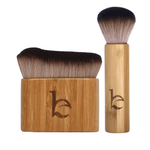







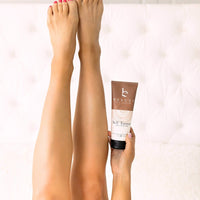








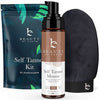

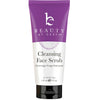


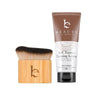









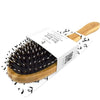
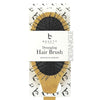


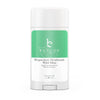




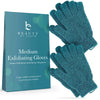
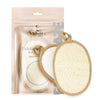
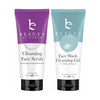










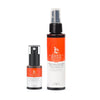




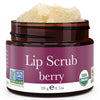
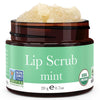
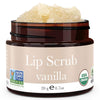





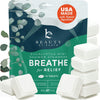
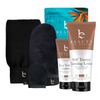
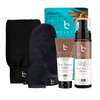















join the conversation